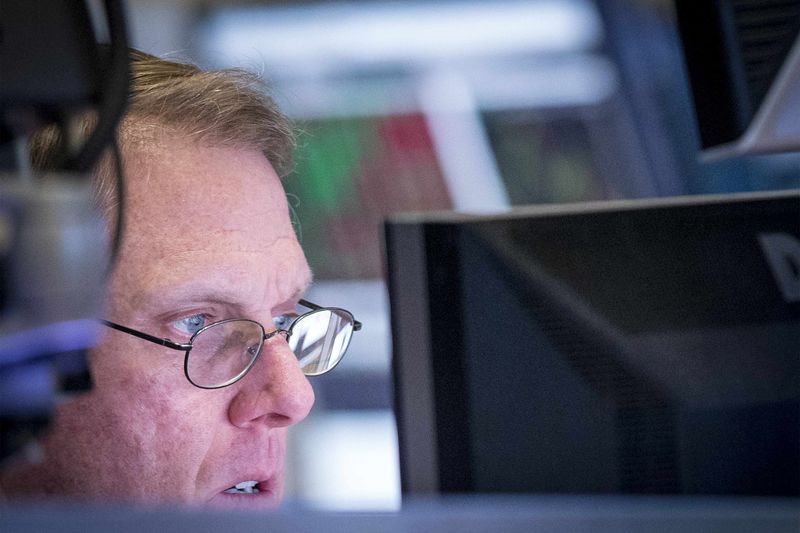Quiver Quantitative - In the fast-paced world of electronic trading, a hiccup in the system can send ripples throughout the market. The latest to hit the headlines is the Nasdaq Stock Market's admission of connectivity issues, which raises questions about potential impacts on trading activities. As Nasdaq (QQQ) scrambles to address the problem affecting its matching engine—a cornerstone of digital trade where buy and sell orders meet—traders are left navigating the ambiguity of the situation.
The gravity of the issue became apparent as no trades on the Nasdaq Global Market were registered for an extended period, while other exchanges like NYSE Arca continued operations, highlighting the intricacy of the electronic trading ecosystem. The issue has left market participants on edge, as memories of December's system error, which resulted in canceled orders and incorrect clearing data, still linger.
Market Overview: -The Nasdaq Stock Market experienced technical difficulties, impacting pre-market trading.
Key Points: -Nasdaq confirmed investigating "matching engine issues" affecting exchange connectivity (March 18th statement). -No trades occurred on the Nasdaq Global Market for over 90 minutes. -NYSE Arca suspended routing to Nasdaq and declared "self-help" to manage the situation. -Shares of companies like Nvidia (NASDAQ:NVDA) and Apple (AAPL) were still tradable on other platforms.
Looking Ahead: The cause of the malfunction remains under investigation by Nasdaq. The incident raises concerns about the exchange's infrastructure stability. The impact was limited to pre-market trading, with Nasdaq 100 futures continuing to trade on the CME Group (NASDAQ:CME).
As trading continued on alternative platforms for major stocks such as Nvidia Corp . and Apple Inc (NASDAQ:AAPL)., the glitch underscored the interdependence of global trading venues. The incident is a stark reminder of the vulnerabilities inherent in high-tech trading infrastructures and the need for robust fail-safes and redundancies.
While the full extent of the disruption remains to be seen, Nasdaq's challenge will likely reignite the debate on the resilience of financial market infrastructures, emphasizing the importance of transparency and swift resolution mechanisms in maintaining investor confidence.
This article was originally published on Quiver Quantitative
